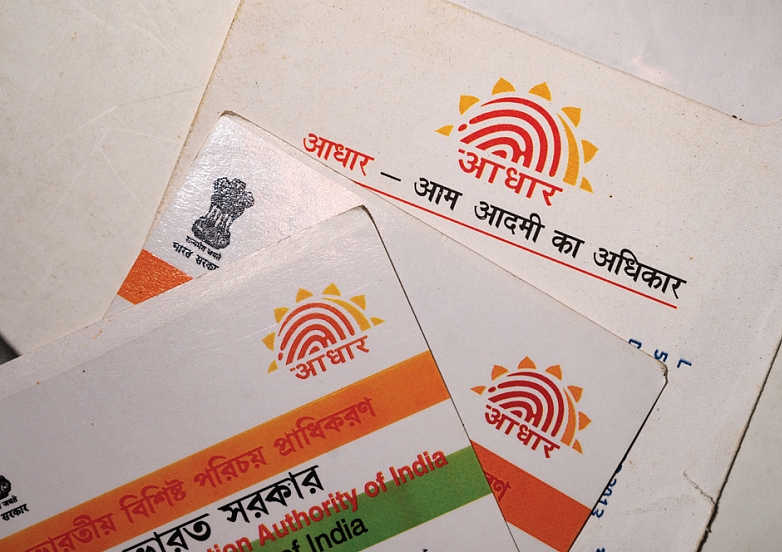What if you couldn’t vote?
Despite the manifest problems with linking Voter ID and Aadhaar, the Election Commission looks all set to implement it

The Election Commission of India has reportedly started a drive to link voter IDs with the Aadhaar numbers of Indian residents, ostensibly to weed out ‘duplicates’ in the electoral rolls. While the Election Laws (Amendment) Act of 2021 allows such linking on a ‘voluntary’ basis, it may not be in voters' interest. The law itself has been challenged in court.
The Comptroller and Auditor General (CAG) of India has severely criticised the Aadhaar system and put out a long list of errors. In 2015, the Supreme Court stopped a pilot project of the Election Commission. In 2018, an attempt to link Aadhaar to voter rolls revealed that 5.5 million had been disenfranchised. The government was forced to roll back the decision at the time.
Biometric authentication also fails in many cases—the fingerprints of the same person often do not match. This mismatch is all too common in the case of manual labour, for example, frequently leading to their harassment and exclusion from social welfare benefits. Polling booths in remote areas often do not have electricity or have poor and unreliable internet connectivity. What will voters do in those situations?
Apart from these operational issues, there is another basic problem. Aadhaar is a proof of residence while voter ID is practically a proof of citizenship—the two cannot be linked. The basic issue in elections is that all citizens should be able to vote. But it is well known that many genuine voters are unable to get their names on the voter rolls while many names on the rolls are fictitious, or of dead people, and in some cases of the same person in different constituencies. Study after study has shown up these errors of omission and commission in voter lists. The process of correcting these discrepancies is continuous, but errors persist.
The ‘correction’ of voter rolls can be politically motivated too and/or done for administrative convenience and is not always for the benefit of voters. A situation where fraudulent names are highlighted but the exclusion of genuine voters ignored is not good for democracy.
Even aside from the problems with Aadhaar’s biometric identification feature, the database is failure-prone because of other kinds of mismatches—differently spelt names, for one, or differently entered addresses that lead to errors. The number of attempts people make to correct mistakes shows there are more errors in the Aadhaar database than even the electoral rolls. Clearly, then, errors in voter rolls cannot be corrected by using Aadhaar. To continue with this linking means that if your Aadhaar authentication fails at the polling booth, you will not be allowed to vote. There will be no appeal either as voting ends that day. Voting, we should remember, is a constitutional right of every Indian citizen, which can be restricted only under very exceptional circumstances.

Other countries do not link large data sets in this manner; indeed, privacy activists have flagged several good reasons for keeping these large data sets distinct. Why, then, are we trying to do this? Remember India still does not have a personal data protection law; in fact, the government recently withdrew the Personal Data Protection Bill, which leaves us in legislative limbo vis-a-vis the strict criteria laid down by the Supreme Court to restrict citizens’ Right to Privacy.
To trust its citizens must be the default option in a democracy, else the election itself cannot be trusted. The real threat to the sanctity of electoral rolls is not from citizens but from political parties, who have offered ample evidence in the past of their deviousness in this regard. That is the real problem to fix. There are millions of migrant workers in India—we need to enable that population to vote.
Where’s the political will to address these real problems?
(Trilochan Sastry is a Professor at IIM Bangalore and founder chairman of the Association for Democratic Reforms)
Follow us on: Facebook, Twitter, Google News, Instagram
Join our official telegram channel (@nationalherald) and stay updated with the latest headlines
